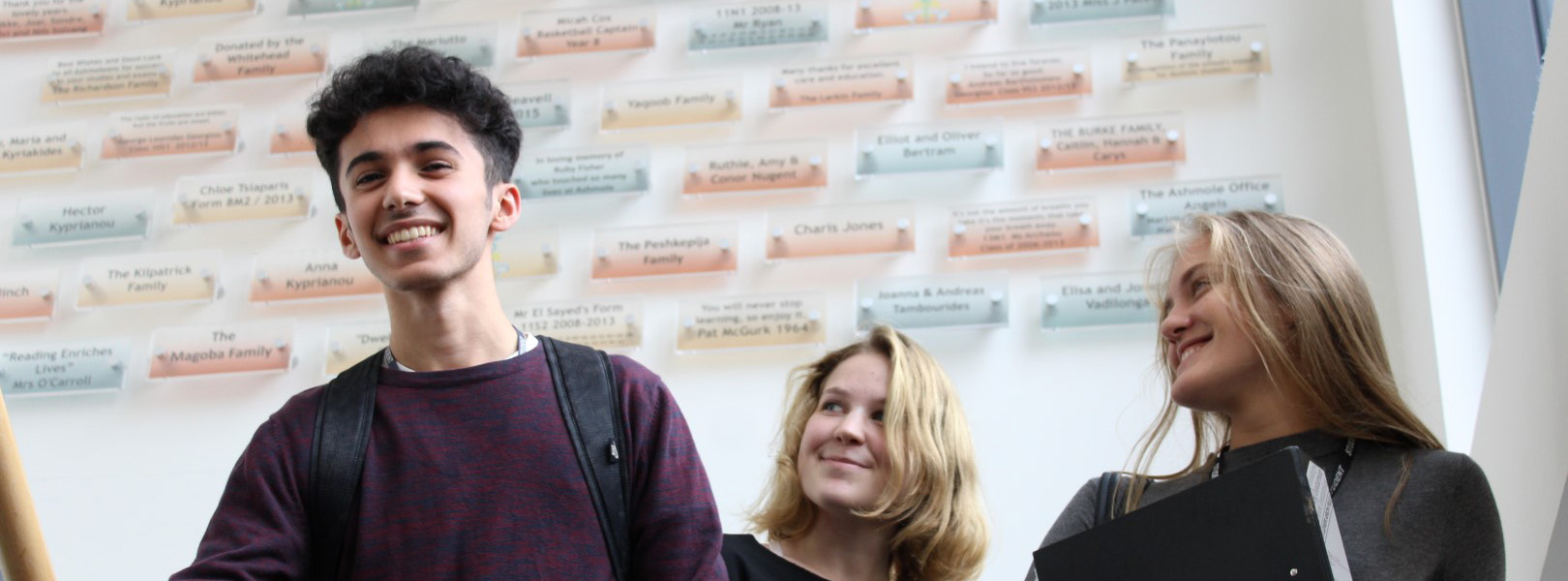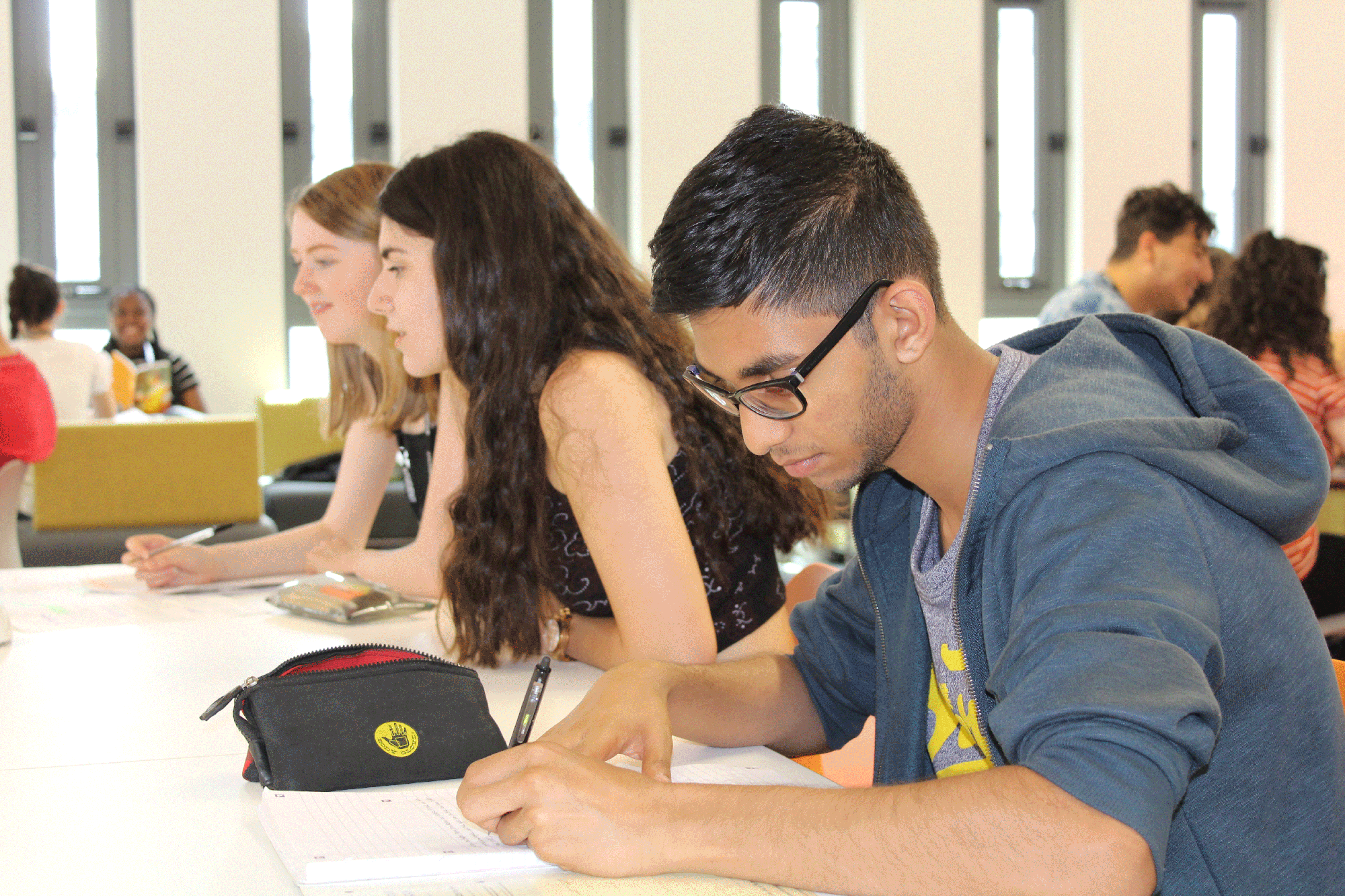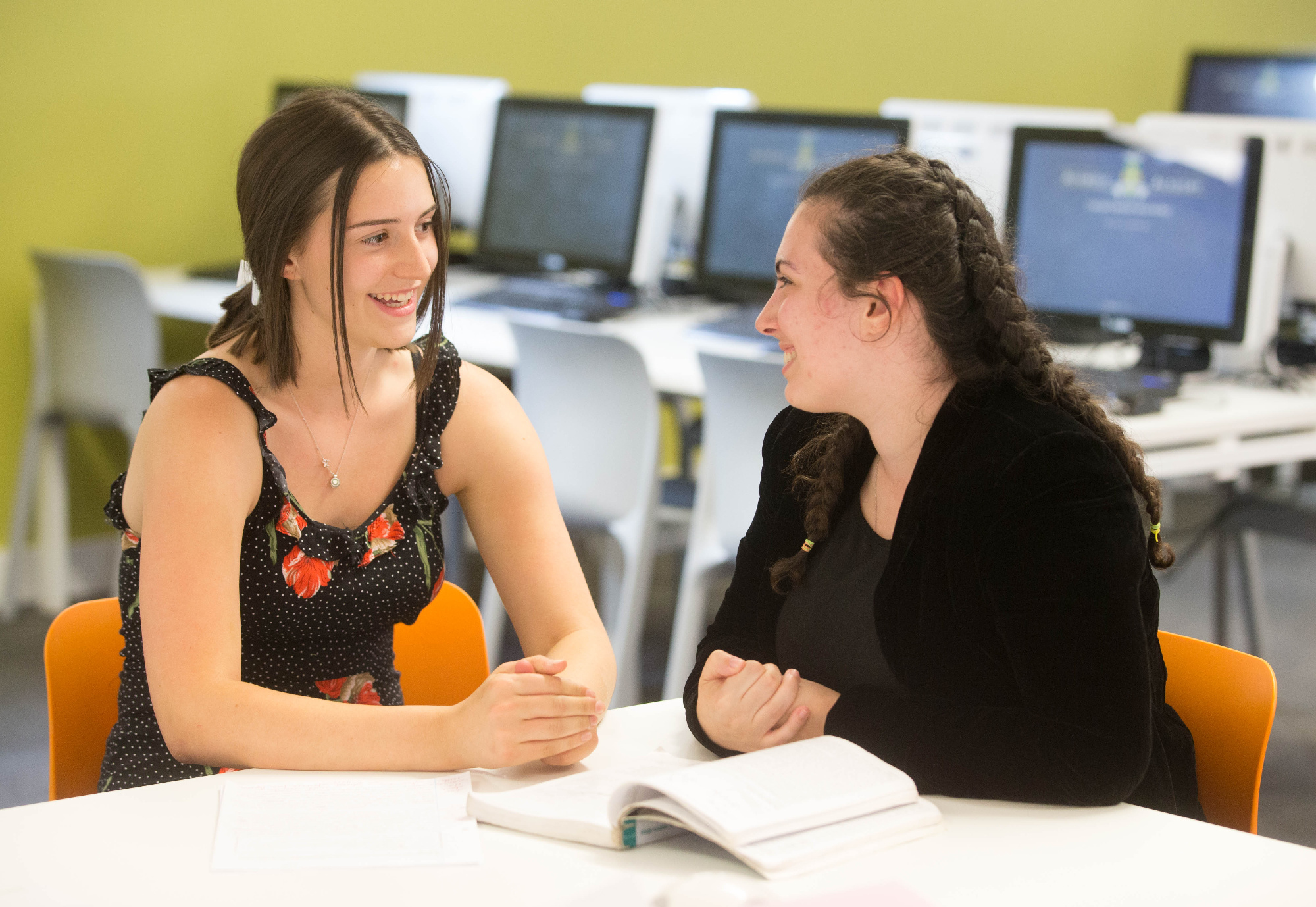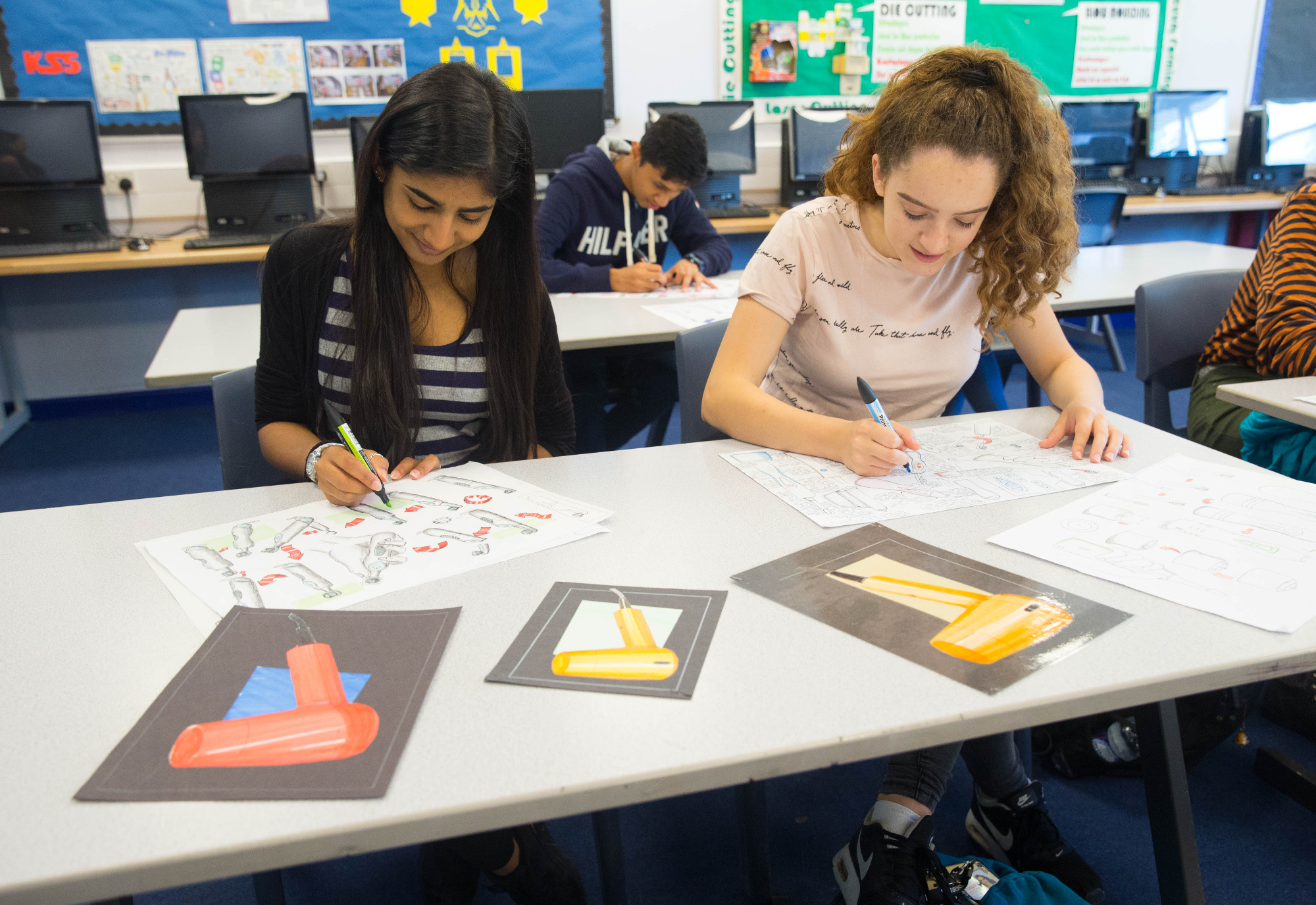Economics
Why Choose Economics?
What will you learn?
You will learn about the current issues facing the UK economy and the different approaches to solving these problems. In Economics, students learn about how current events such as Brexit are playing a large role in influencing the performance of economic objectives such as low unemployment and low inflation.
On top of this, students will also learn about the psychology behind the economic decisions that we take and understand why consumers and businesses do not always act in their own self-interest. You will also learn about what steps politicians can take to make consumers and producers consume and produce the optimal levels of goods and services for society.
Why study Economics at Ashmole Sixth Form?
Students studying Economics at Ashmole are fortunate enough to have the opportunity to attend a series of lectures being delivered by some of the finest economists, politicians and journalists in the world. On top of this, the department has good relations with FTSE 250 executives who visit the school to provide career advice and to boost students’ wider knowledge. Students will also have the opportunity to compete in the student investor challenge – a competition where we have had great success in recent years.
Students will also benefit from an approach to teaching that makes extensive use of current events to bring to life theoretical concepts.
Which subjects go well with Economics?
Economics goes well with humanities subjects like History or Sociology as it requires the ability to weigh up evidence and to write well-supported essays. However, there is also a quantitative element to the course and whilst these elements are relatively straight forward, a good understanding of data interpretation and application that comes from Maths or the Sciences would also be helpful.
Where it will lead you?
The natural path following Economics A-Level would be to complete an Economics degree. After that, graduates work in a range of fields that include but are not limited to:
Actuarial Analyst, Chartered Accountant, Data Analyst, Economist, Financial Risk Analyst, Forensic Accountant, Investment Analyst, Journalist, Politician, Statistician, Stockbroker.
For more information on subject content structure please click here for the Sixth Form Information Booklet.
For admissions criteria for each subject please click here for the Sixth Form Prospectus
Subject Ambassadors

"Choosing Economics was an easy choice for my A-Levels. It was more than just working with the study of money or employment rates; it incorporates elements of Politics, Sociology, Geography, History and many more. Not only that, it is so important in today’s society. The UK economy is one of the most dynamic economies in the world, with events such as Brexit, rising house prices and an ever-growing use of AI taking over the workplace – the UK is in need of the next, young economic masterminds. It is typically perceived that Maths or Business Studies are vital subjects in studying Economics A-Level; however that is simply not true – these subjects barely play a role in the subject.
Ashmole’s uniqueness of providing a wealth of extra-curricular activities/events has meant that the Economics Department has been facilitated with various lectures by notable Economists, insight days to Investment Banks and access to quality reading material, all of which greatly extend our understanding of Economics within and beyond the A-Level syllabus. These factors are all crucial in gaining a place to study Economics at a respected university, something I intend to do.
Economics affects whole populations, so possessing knowledge in Economics is helpful to understand how it will influence you and the society you live in. In terms of higher education, Economics is one of the most respected and recognised degrees in the world, widening your career paths not solely to Banking and Finance, but Politics, Engineering and Quantitative Science. What’s more, London is the Financial Capital of Europe, exposing you to an ocean of opportunities to thrive in the sector.
The Economics teachers have an engaging and amusing approach to the teaching, which ensures that students maintain their passion for the subject despite the workload that any A-Level entails. On top of that, the Economics teachers always encourage you to apply your knowledge of Economics to real life examples/situations, which enables students to utilise their understanding realistically rather than simply on a question paper.
One skill of the many acquired from studying Economics is independence. As an Economist, it is crucial to maintain a contextual understanding of the subject, by remaining up-to-date with: global news, the performance of the UK economy, and the actions of the UK government that affect our economy."

“Economics is the art to meet unlimited needs with scarce resources”
- Lawrence J. Peter
Picking my subjects
"One of the key criteria that I considered whilst picking my subjects was if the Russel Group Universities considered it as ‘Facilitated’. Whilst many ‘facilitated’ subjects are based purely on theoretical forms of learning, Economics requires the student to understand the concept of the subject through current and modern day world affairs. Hence meaning that it is of significant relevance, not just to those who aspire to work in Economics in the future, but also to anyone who holds an interest or even a perception of how the world has developed or how it functions today."
What have I learnt?
"Since starting Economics at A-Level, I have realised that the economy and markets of the UK are impacted with such significance by the most trivial trends and decisions people make. The way that the UK economy works is far more complex and interesting than many believe. In all fairness, before starting to study the subject I was under the impression that the word ‘economy’ is used to describe any transaction made and money related aspects of life. Yet now I have come to understand it is far wider and fascinating than that, the ‘economy’ refers to the way in which people think and why figures in higher authority (i.e. Mark Carney and Phillip Hammond) make the decisions they have done and allow us to be critical of these choices."
What is my role within the Economics department?
"I am one of the two chosen Economics ambassadors; this means that we are responsible for representing the department across the rest of the school and helping to inform the lower school of Economics as a subject from a student’s perspective, as it is not covered in the Key Stage 3 and 4 curriculum."
After A-levels…
"The next logical step for many Sixth Formers is to start Uni. To no surprise, I too am aiming to do this, more specifically to attend UCL, Cambridge, Warwick or Manchester and study Economics and Management. Through taking this path, I hope to graduate and go on to work as an analyst for a firm, such as KPMG, Lazard, PWC, Deloitte or Ernest & Young and eventually become a Managing Director."
To hear from our former students click here





















